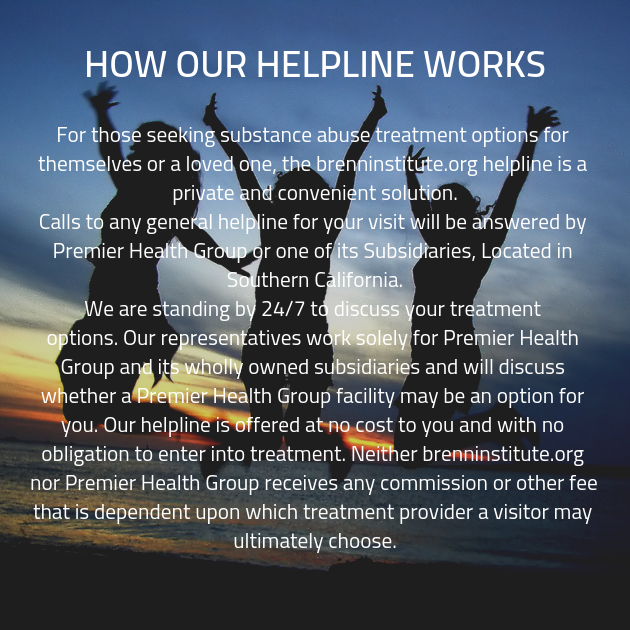Approximately 44,000 people die from drug overdoses per year. Though there are several options for a substance abuse treatment facility, 90 percent of people with an addiction never seek out addiction recovery services. For those looking for an addiction recovery center, look no further. Brenn Institute customizes treatment plans for all our clients. Read on to learn about our drug detox clinics, treatment plans, the process of rehabilitation, and more.
The most important thing to remember when beginning your journey of sobriety is that it won’t happen overnight. It is a process that requires commitment, dedication, hard work, and a positive attitude. First, before you do anything, you need to admit to yourself and others that you have a problem, and that problem can’t be fixed on your own. You need the assistance of professionals at a drug rehab center. Our addiction treatment facility in Philadelphia, Pennsylvania can guide you every step of the way.
Some facilities are only a drug detox clinic while others offer a complete addiction recovery program. Our addiction recovery program begins with an intake or evaluation. The potential client will be interviewed by a specially trained therapist to gather information about their addiction history, mental health history, family history, history of sexual abuse (if applicable), and more. Then, clients will see the on-staff psychiatrist for a diagnosis. Often, people with substance abuse issues have co-occurring mental health issues and have a dual diagnosis, or drug abuse accompanied by an additional mental health issue. This will be addressed in individual and group therapy sessions. Other times, family sessions will be held to mend relationships and work on the overall health of the family. Mental health often plays a huge role in underlying issues that lead to substance abuse. Then, the client is admitted, drug tested, and begins detox, which can last from about a week to a few weeks in rare cases.
Detox is the most important stage of drug and alcohol rehabilitation because it kick-starts sobriety, allowing the client to be free of their physical dependence. During the detox process, clients are closely monitored at our Philadelphia addiction recovery facility. They may experience increased sensitivity to pain, irritability, emotional instability, anxiety, depression, restlessness, insomnia, sweating, flu-like symptoms, aches, and lack of appetite. This is normal. After clients complete detox and are free of toxins, they begin their treatment plan that is designed specifically for their needs by an assigned counselor. This is the rehab phase of treatment. Most clients in detox go to inpatient treatment, though there is an option for outpatient treatment where clients meet for meetings, but live at home. They may also do a combination of inpatient and outpatient treatment. We bend to your needs, not the other way around.
The advantage of inpatient treatment is throughout the rehabilitation process, clients from all walks of life form a community and help and encourage each other in group therapy. They help create a safe, comfortable environment within the drug rehab facility where clients can speak freely and not be met with judgment. Clients should be honest throughout their time in rehab because therapy is an integral part of the process.
After clients complete the rehabilitation process to the satisfaction of their counselor, they will be discharged. Often, they will begin outpatient services, move into a sober-living home or halfway house, and are encouraged to attend meetings. Clients will want to take advantage of our Philadelphia addiction recovery center’s aftercare resources, such as AA and NA meetings. Talk to the professionals at the facility you’re your concerns and they will provide the right aftercare program for you. Remember that beating addiction is possible. Through hard work, assistance from our rehab clinic, and a comprehensive customizable program, you can take control of your life.


